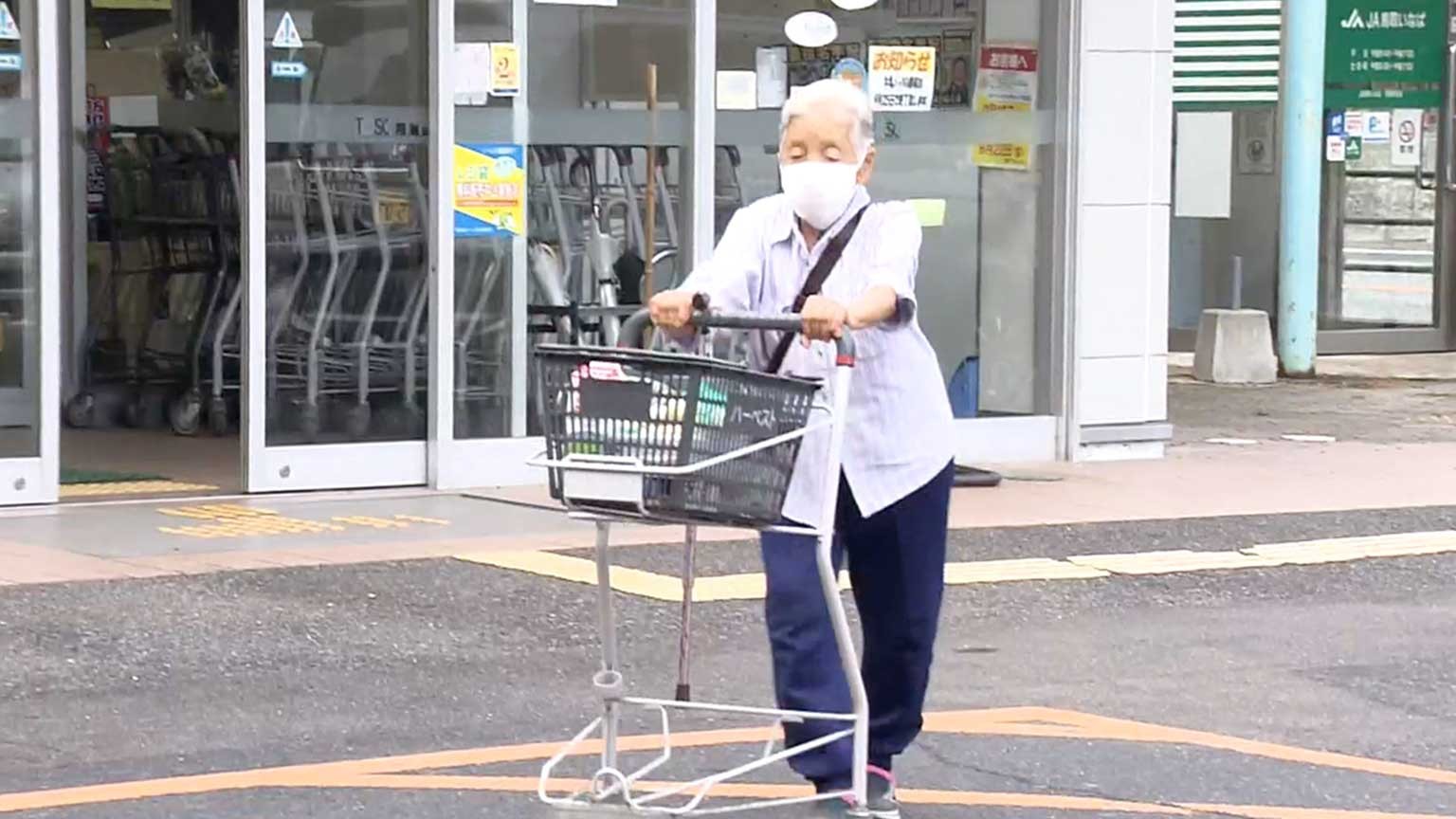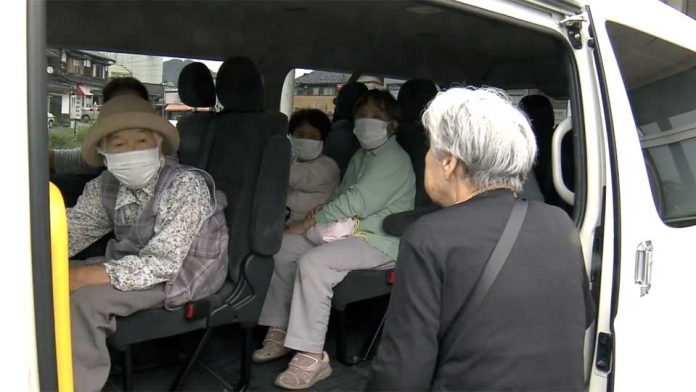 – Arshad Shaikh
– Arshad Shaikh
Japan’s aging and declining population has led to the closure of many supermarkets, causing severe difficulties for the elderly in accessing essential groceries and daily items. Local municipalities are taking measures to promote mobile grocery trucks and provide bus services to reach distant supermarkets. While these efforts are commendable, they may not be sufficient to address the growing needs of an aging population. Media reports suggest that retail business is slowing significantly with some stores changing ownership while others struggling to find successors.

Official data states that there are more than 8.2 million elderly individuals in Japan, constituting roughly a quarter of those aged 65 or older. Japan’s population, which stood at 126.15 million in 2020, is expected to fall below the 100 million threshold by 2056.
The demographic imbalance is further exacerbated by the projection that the population aged 65 or above will reach 33.67 million in 2070, after peaking at 39.53 million in 2043. By 2070, this age group is expected to comprise 38.7% of the population.
Analyzing the situation from an Islamic perspective as Japan grapples with the consequences of its demographic imbalance, we can attribute the reasons behind this crisis to the consequences of going against Divine Law and the natural order of life. State-sponsored family planning and population control for decades have contributed to this unsalvageable condition.
In a bid to reverse the decline, the Government of Japan is offering financial incentives to young couples to have more children. Yet, many do not want to have children at all as they feel children will be a financial burden and act as an obstacle to their professional careers.
The Quran (17:31) says, “Do not kill your children for fear of poverty. We provide for them and you. Surely killing them is a heinous sin.” If only the Japanese knew and followed this divine message, it would not be in the mess it is in.




